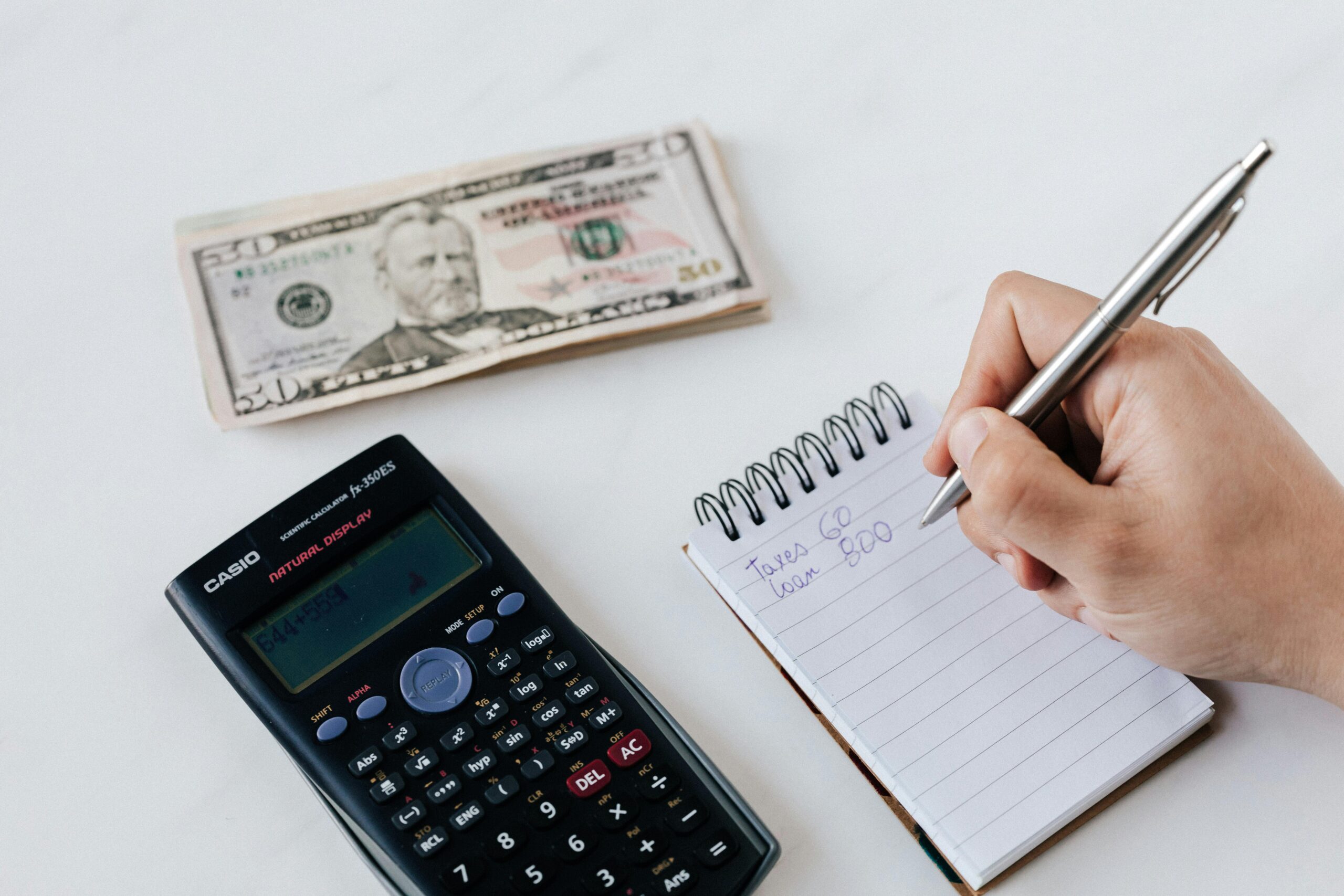
Have you ever reached the end of the month, looked at your bank account, and thought, “Seriously, where did all my money actually go?”
It’s a feeling that’s more common than you think. A quiet panic that sets in when your hard-earned salary seems to vanish into thin air between paydays. You know you paid your bills, you bought groceries, you went out once or twice… but the final number just doesn’t seem to add up.
For too long, the world of finance has felt complicated and intimidating. We’re told to “budget,” a word that sounds about as fun as a diet. But the path to financial clarity doesn’t start with restrictive spreadsheets or scary investment jargon.
It starts with answering that one simple question: Where is it all going?
If you’re ready to stop wondering and start knowing, you’re in the right place. Let’s take the very first step together.
Let’s Forget the “B” Word for a Minute
The biggest mistake people make is jumping straight into creating a budget. A budget is a plan for your money, but you can’t make a good plan without good information. It’s like a doctor trying to give you a prescription without a diagnosis.
So, for now, forget the word “budget.” We’re not making a plan. We’re not cutting back on anything. We’re not telling ourselves “no.”
We are simply becoming detectives. Our mission is to gather clues and uncover the truth about our own spending habits. This is a period of pure observation, with one crucial rule: no judgment allowed.
Your Mission: Become a Financial Detective for 30 Days
For the next 30 days, your only job is to track where every single rupee or dollar goes. Don’t change your behaviour; just watch it. Think of yourself as a scientist observing a subject, and that subject is your own wallet.
Step 1: Know Your Income (The Easy Part)
First, figure out exactly how much money is coming in each month. This is your total firepower. Add up your post-tax salary, any income from a side hustle, or any other money you can reliably count on. Write this number down. This is your baseline.
Step 2: Track Every Expense (The Game-Changing Part)
This is where the magic happens. From your morning chai to your Netflix subscription, from your rent to that impulse buy online—track it all.
How you do it is up to you, but you must pick one method and stick to it:
- The App Method: Apps like Walnut (popular in India), Mint, or Splitwise can link to your accounts and automatically track and categorize your spending. This is the easiest way to start.
- The Notes App Method: Create a new note on your phone. Every time you spend money, immediately jot down the date, the item, and the amount. Simple, fast, and always with you.
- The Classic Notebook: For those who love pen and paper, keep a small diary in your bag. The physical act of writing things down can make them feel more real.
Pro Tip: Don’t wait until the end of the day. Log your expenses as they happen or within a few hours. It’s too easy to forget that auto-rickshaw fare or the packet of biscuits you bought in the afternoon.
Remember the golden rule: This is a zero-shame zone. Spent ₹500 on ice cream? Great. Write it down. Paid for a subscription you don’t even use? Perfect. Write it down. You are a data collector, not a defendant on trial.
The “Aha!” Moment: From Data to Discovery
At the end of the 30 days, sit down with your list. Add up your expenses and group them into categories like: Rent, Utilities, Groceries, Transport, Eating Out, Shopping, Entertainment, Subscriptions, etc.
Now, compare your total spending to your total income from Step 1. Then, ask yourself these three powerful questions:
- What surprised me the most? Maybe you had no idea that your daily office lunches were costing more than your utility bills combined. Or that small, frequent online orders were adding up to a massive number.
- Where is my money really going? You might feel like your rent is your biggest expense, but the data might show that “lifestyle” costs (eating out, shopping, entertainment) are the real heavyweight champion.
- Does my spending align with what I value? This is the most important question. If you value travel and adventure, but see that most of your flexible income went to random online shopping, that’s not a failure—it’s a discovery. It’s your “aha!” moment.
This new awareness is your superpower. It’s the solid foundation upon which every good financial decision is built. You can’t change what you don’t see. Now, you see everything.
You’re no longer in the dark, wondering where your money went. You’re standing in the light, holding the map. In our next posts, we’ll talk about how to use that map to get wherever you want to go.
Now it’s your turn. In the comments, I’d love to know: What’s one financial topic you’ve always wanted to understand but felt too intimidated to ask about? Let’s build this community together.



Leave a Reply